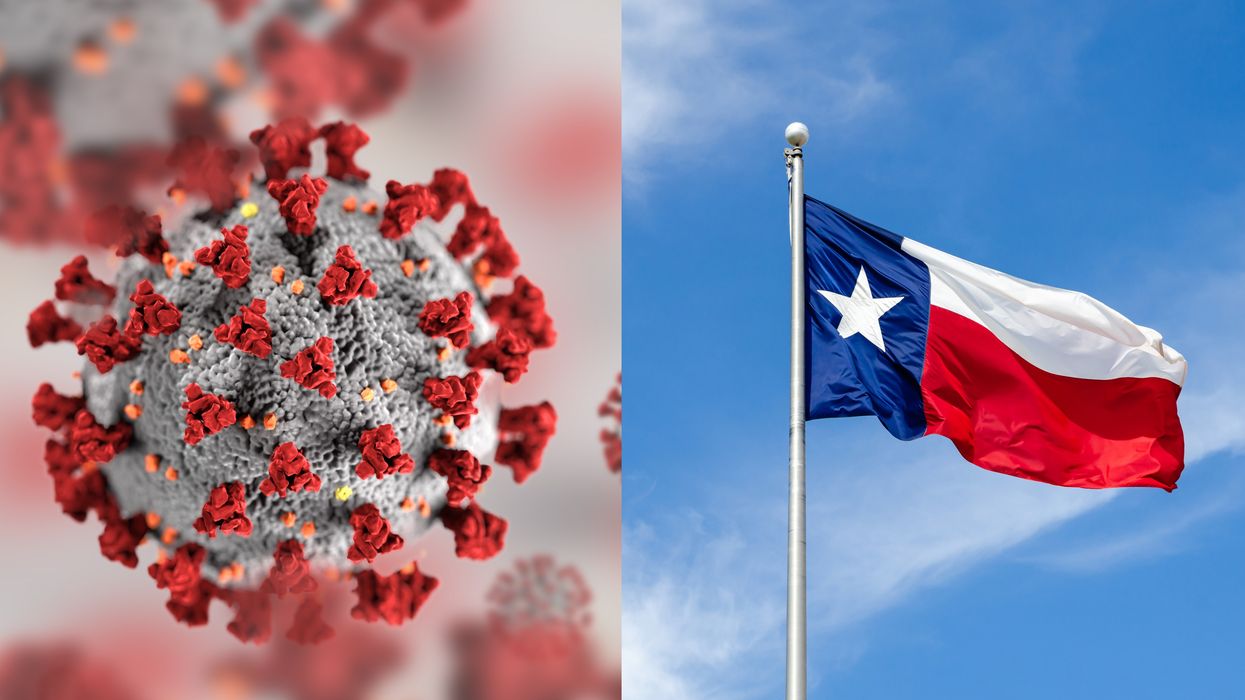A New COVID-19 Variant Has Been Discovered In Texas & It Might Resist Antibodies
A new COVID-19 variant has been discovered in Texas by scientists at the Texas A&M University Global Health Research Complex (GHRC).
The variant, dubbed "BV-1," has only been found in one individual with mild symptoms and it is presenting similar features to the current variant that is spreading around the United Kingdom, but scientists are not sure if antibodies are effective against it.
Editor's Choice: All U.S. Adults Are Eligible For The COVID-19 Vaccine Starting Today
"We do not at present know the full significance of this variant, but it has a combination of mutations similar to other internationally notifiable variants of concern," said GHRC Chief Virologist Ben Neuman, "This variant combines genetic markers separately associated with rapid spread, severe disease and high resistance to neutralizing antibodies."
The carrier, a student at Texas A&M, tested positive for COVID-19 on March 5 and eventually tested positive again on the 25th, indicating to scientists that the variant may cause a longer-lasting for people aged 18-24 infection than the typical virus.
Neuman says they have not detected any more cases of the variant nor have they "grown or tested the virus in any way," but a paper on "BV-1" has been submitted to the Centers for Disease Control and Prevention (CDC) for further review.

